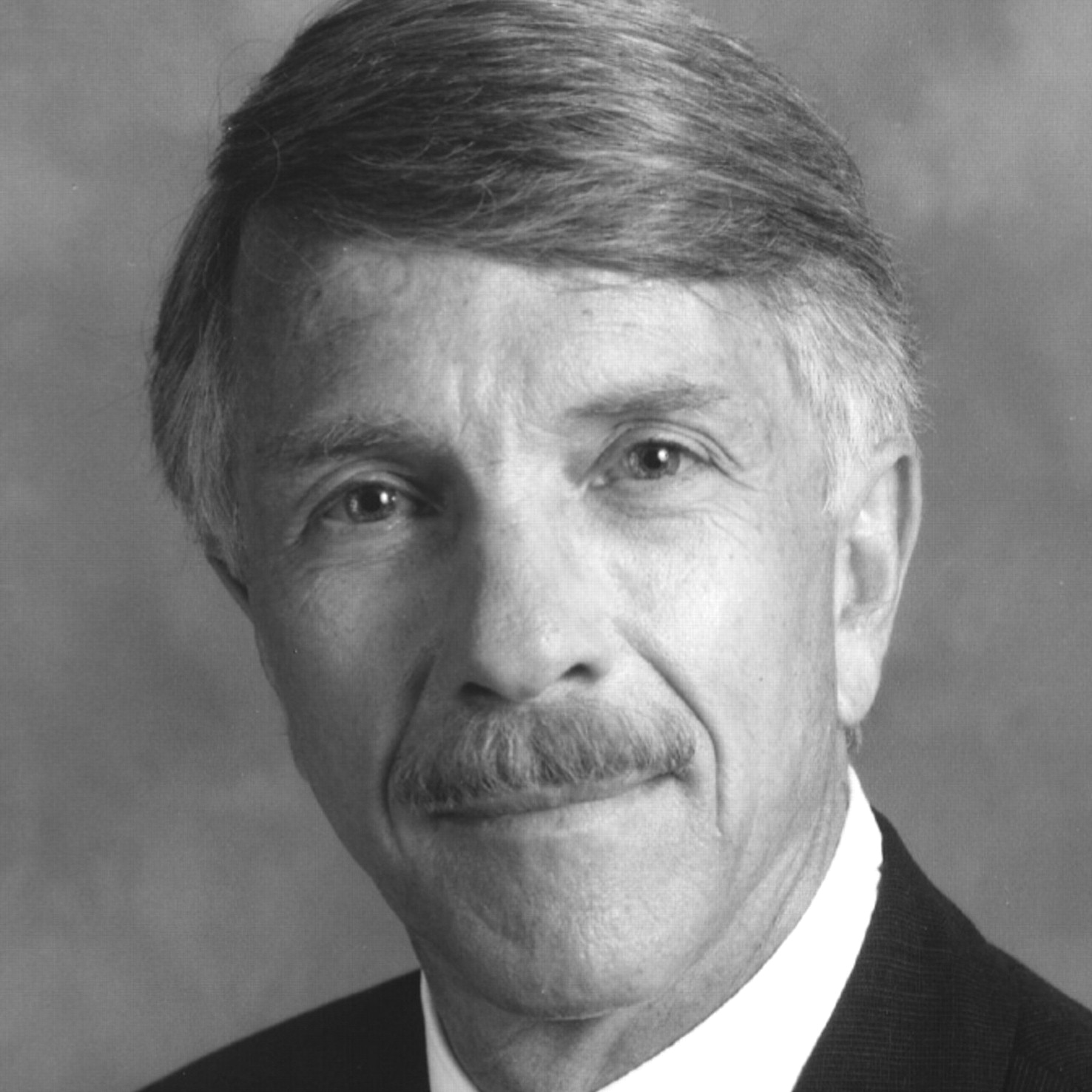Candidates for President-Elect: John M. Oldham, M.D.

Chief of Staff, Menninger Clinic ♦ Professor, Baylor, 2007- ♦ Chair, Psychiatry, Medical University of South Carolina, 2002-07 ♦ Director, New York State Psychiatric Institute, 1989-2002 ♦ Chief Medical Officer, New York State Office of Mental Health, 1988-2002 ♦ President, New York County District Branch, 1989-90, and South Carolina Psychiatric Association, 2006-07 ♦ President-Elect, American College of Psychiatrists, 2009-
I am honored to be a candidate for president-elect of APA, a critically important organization with an essential seat at today's health care table. As president, my priorities for action would include:
| 1. | Psychiatry is part of the House of Medicine. Evidence for the mainstream nature of brain disorders is now incontrovertible. We must partner with primary care and the full spectrum of the medical specialties to provide comprehensive care for our patients. | ||||
| 2. | Our patients have a right to quality treatment. The rights of our patients to be heard, to express choice, and to receive full access to culturally sensitive and unbiased care must be protected. But we must also join with our patients to insist on their right to receive quality, evidence-based, biopsychosocial treatment. | ||||
| 3. | Fragmented care is not quality care. Underfunding of mental health care and the pressured pace and superspecialization of all health care have resulted in fragmented care. Well-coordinated teamwork and communication among all providers of care for every patient must be achieved. | ||||
| 4. | Research and education provide the best blueprint for a strong future. We are witnessing an explosion of knowledge about the brain, generating new ways to prevent and treat brain disorders. We must be eloquent ambassadors bringing this information to our patients and their families, to our medical colleagues, and to our legislators and policymakers. | ||||
Years ago, we were taught that most major mental illnesses were psychogenic neuroses, sort of family-inflicted burdens. How things have changed! We now recognize that heritable risk factors combine with environmental stress to precipitate illness, be it hypertension, depression, diabetes, or a personality disorder. We now know that both pharmacotherapy and psychotherapy can change the brain. Psychiatrists must be in the “driver's seat” of treatment, with full authority to plan, direct, provide, and monitor that treatment. And we must be appropriately compensated for these essential services.
In APA, I have been fortunate to be involved in components central to these concerns. I chaired the Council on Quality Care, and I now represent APA on the AMA Physicians Consortium for Performance Improvement. I served on the Steering Committee for Practice Guidelines and chaired the work group that developed a practice guideline recommending psychotherapy as the primary, evidence-based treatment for borderline personality disorder. Serving as chair of APA's Scientific Program Committee for three years and as an associate book editor and member of the Board of Directors of APPI, I have provided avenues to guide new findings into educational opportunities for our members.
APA must foster and protect the rich diversity in its membership, to parallel the composition of the patients we treat, and we must preserve opportunities for members to participate in the organization. I have had a private practice for almost 30 years and have worked as a residency training director, as a training and supervising psychoanalyst, and as a board-certified forensic psychiatrist. I have been director of an emergency psychiatry service, an acute inpatient psychiatry service, and a psychiatric research institute; I served as chief medical officer for 14 years of the largest state hospital system in the country and as chair of two departments of psychiatry, and I currently am chief of staff of a private hospital. In these roles, I have worked “in the trenches” with patients and colleagues of every background and subspecialty. Fiscal challenges have been frequent and at times extreme, but solutions have been found. As we work together to face today's economic realities, we must help APA preserve its priorities, including health care reform, overcoming stigma, and securing real and complete parity. These are times of amazing progress, and APA is the clinical, educational, and scientific heartbeat of our field. I would welcome the opportunity to serve as APA president, and I ask for your support.
Email: joldham@menninger.
Web site: www.johnmoldhammd.wordpress.com
Primary Professional Activities and Sources of Income
Professional Activities
100%—Baylor College of Medicine and the Menninger Clinic
80%—Administrative
15%—Teaching and supervision
5%—Clinical
Income
90%—Baylor College of Medicine
10%—Editing, writing, CME



